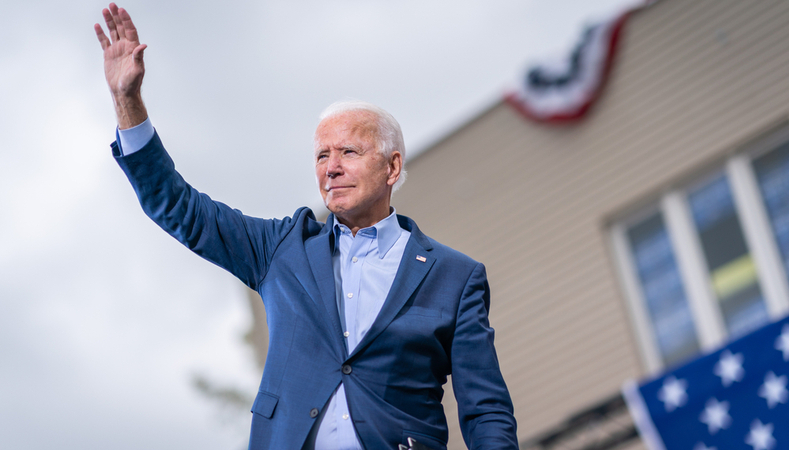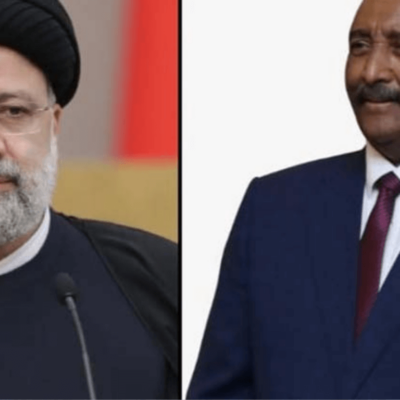Rohani: if Joe Biden returns, Iran goes back to the nuclear agreement

The new Biden administration took office a few hours ago, and they already held the first press conference. The new White House spokesperson, Jen Psaki, like all her predecessors, has a good relationship with the press. Journalists must give the answers appropriate for the administration and gloss over, conceal, do not answer, and mislead on everything that the Tenant does not want to make it know. Sometimes it works, and sometimes it doesn’t, but Jen is an expert.
She has worked for Obama like many other Biden collaborators, she is kind and talks about the first steps of the president to put the United States back on another path, new and old at the same time. Then she said something important, and it is not that you miss it: “The plans for negotiations with Iran will be part of the first consultations of the new American president with the allies.” Joe Biden’s goal, adds Jen: “Is to continue using diplomacy to strengthen the bonds of the nuclear deal.”
It is yet another reversal of American politics in the Middle Eastern theatre. The agreement was reached on July 14, 2015, between Iran and the 5 + 1 group, the five permanent members of the UN Security Council: China, France, Russia, United Kingdom, United States plus Germany, in addition to the European Union. The Obama era was drawing to a close, and as early as 2018, Trump withdrew the United States from the agreement, effectively making it fail. In the meantime, some things have changed: with the Abrahamic Accords, the Trump administration has put American politics totally on the Israel – Saudi Arabia axis, isolating Tehran even more; some targeted killings hit some men very close to Iranian leaders, and the threat of a bombing.
Read more : Joe Biden is set to reverse multiple Trump’s orders on climate, travel ban, Iran
What Biden’s plans are for the Middle East is not known. We will see that in time. The Iranian reaction was rapid, enough to anticipate Jen Psaki by about eight hours. Already yesterday morning, the agencies were reporting the words of the Iranian president, Hassan Rohani. During a government summit broadcast live on television, he greeted “the end of the era of tyrant Trump, which had pushed Iran to enrich uranium beyond the limits.” The ball is now in the US court, Rohani stressed, explaining that “if Washington returns to the nuclear deal, we too will fully respect our commitments under the pact.”
An exceptional timing, even too much not to suggest that official and non-official diplomacy, direct and indirect, had not been working for some time for this first, an important result of the new administration. The Iranian supreme leader, Ali Khamenei, had indirectly confirmed this the day before: “Sanctions against Iran are a bitter reality and a crime of the United States and their European allies, so we cannot hope in them, because they are hostile towards us. Holding talks with these countries willnot bear fruit.”




